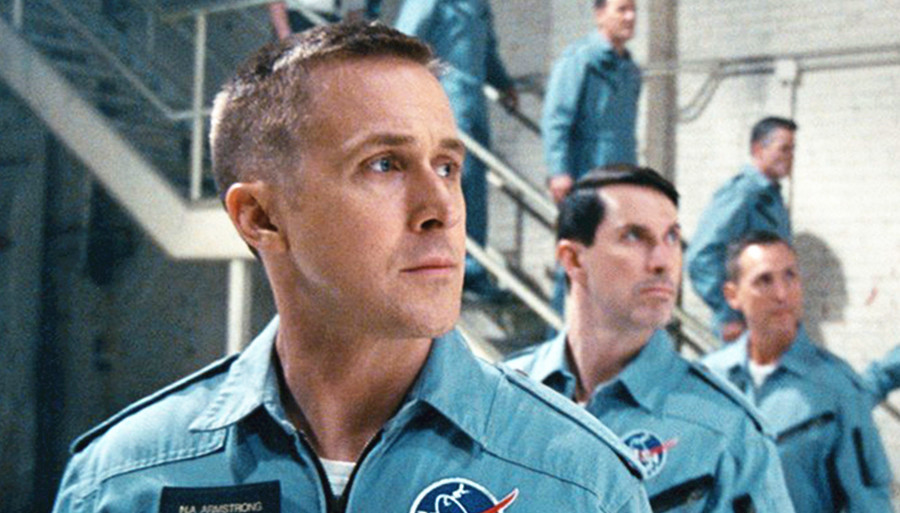
When you hear of a “biographical film,” you may think of mostly formulaic, even some manipulative stuff like “The Theory of Everything” and/or “A Beautiful Mind,” but the genre is much more than that.
There’s almost a certain formula when it comes to biopics. If it’s an inspirational person, the movie will surely have some dramatic moments, maybe a touching speech. It might also have a “oh wow! Transformation!” type of lead acting performance that sometimes can be hammy, but when the makeup is good, they can easily manipulate audience (and Academy) members.
If we’re going to get a person with a dark personality, then we’ll get more of a darker film that is supposed to shake audiences. Not all of them are historically accurate, and they don’t have to be. It’s not a documentary overall, we just want to be moved by what we see.
The worst ones are the “narrated version of Wikipedia articles” where the screenplay just gives you basic information about its subject matter with flat direction and mediocre acting. Then there are also non-traditional types of biopics, which some of them appearing in our list.
No matter your approach, you should give us a movie that will impress us. “Bohemian Rhapsody” became the highest-grossing biopic ever, but there were better films than that, which didn’t just rely on the success of Queen and their music. Here are the 10 biopics of the year that stood out.
10. Stan and Ollie
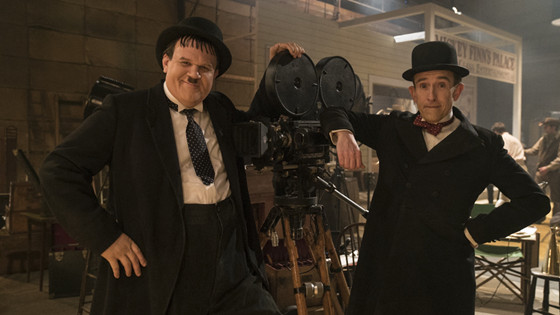
Oliver Hardy and Stanley Laurel were probably one of the best comedy duos ever, if not the best. It was about time for us to get a biopic that celebrates their work and lives. This is a very sweet film and a warm tribute to both of them, and it is also very informative – many people have heard of them but they don’t know much about their lives. Thanks to this film, you get to learn more about their lives, their chemistry, their wives, and how their dynamics worked.
Steve Coogan and John C. Reilly shine in lead roles; they never lose themselves into tricking the audience with their impersonation skills, and they create fully realized characters and give them soul and depth. And as we mentioned in the beginning, it’s easy for biopics to be a narrated version of Wikipedia articles, but “Stan and Ollie” has enough dramatic depth to make it fully work as a feature film where you get to see behind the scenes, their true story.
No matter if you still laugh at their humour, “Stan and Ollie” remains timeless for many people and the film masterfully explores their secret: their talent. It’s really great when you get a film where the filmmakers don’t try to get cash out of famous names, but actually explore its characters. Pity that it didn’t get enough recognition, but it’s a great film that deserved more attention.
9. Colette
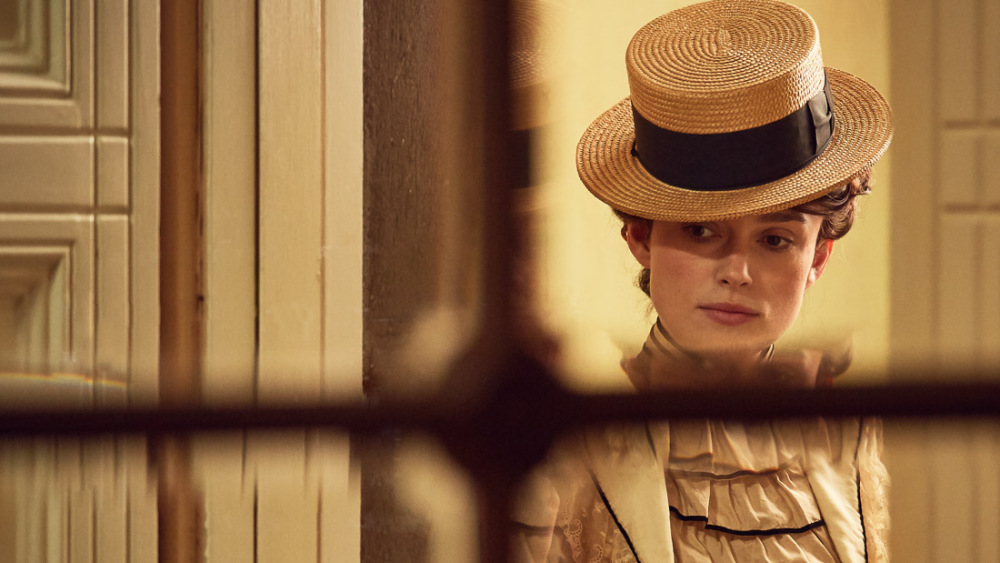
When it comes to attention given to films about female authors whose husbands took credit for their work, “The Wife” ended up being the more popular one. There are several reasons behind that: the power of the distributor and Glenn Close’s overdue factor. “The Wife” is a fine film as well, but it’s unfortunate that “Colette,” a film with a better production design, direction, and maybe more complexity in its storyline ended up being overshadowed.
The film is about Colette, portrayed masterfully by Keira Knightley who’s no stranger to such parts, a French author and woman of letters nominated for the Nobel Prize in Literature in 1948 and is also known as a mime, actress, and journalist.
The film mostly focuses on her life in her twenties, her marriage to her first husband, and the publication of her first novels under his name. It’s a touching story with reasonable and understandable characters all the way. The period sets and costumes are gorgeous; only the musical score doesn’t live up to the expectations and gives the film a bit of an unnecessarily sentimental feeling.
It also doesn’t have a much of a strong narrative style and sticks to the well-known formula more often, but since the theme is interesting and the film does actually portray the events in an interesting way, you don’t mind the flaws. Especially recommended for period drama fans.
8. The Old Man and the Gun
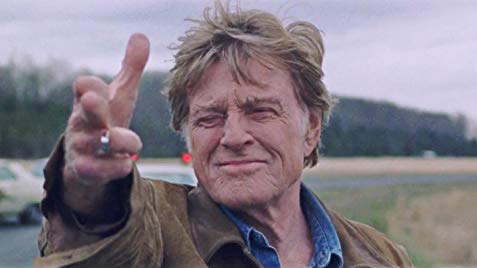
Robert Redford’s (probably) last acting performance is a fitting role for him to end his outstanding career. Of course, we’d like to see more of him, but if this is the end, it’s a nice farewell. As the title card says, it’s mostly based on a true story.
The film is based on the life of Forrest Tucker, whose line of work consisted of robbing banks, occasionally getting caught, and then devising elaborate plans to escape. Even though most of his life is spent in prison, our movie focuses on his robberies, his romance with a woman (the incredibly warm presence of Sissy Spacek), and his strange way of working; he never believed in using violence calling it amateurish. Instead, he used his charm, and is there anyone better than Redford to play a charming old man?
It’s not a film like “All is Lost,” which is a true testament to his talent, but rather a testament to his movie star charm and magnetism. The ending is the only underwhelming part of it; you can wish more out of it but it’s still one of the most light-hearted and heartwarming films of the year that it almost becomes too hard to dislike.
David Lowery is not the type of director you’d expect for this, but he shows that he knows cinema well, an making a movie like “Ghost Story” shows his range. It’s not exactly a commercially appealing movie, but it has some elements of old-fashioned cinema we don’t get so often these days. It’s a simple movie: nothing complex is going on, but that’s where the magic lies here. If it’s truly Redford’s last work, then he sure leaves on a high note.
7. First Man
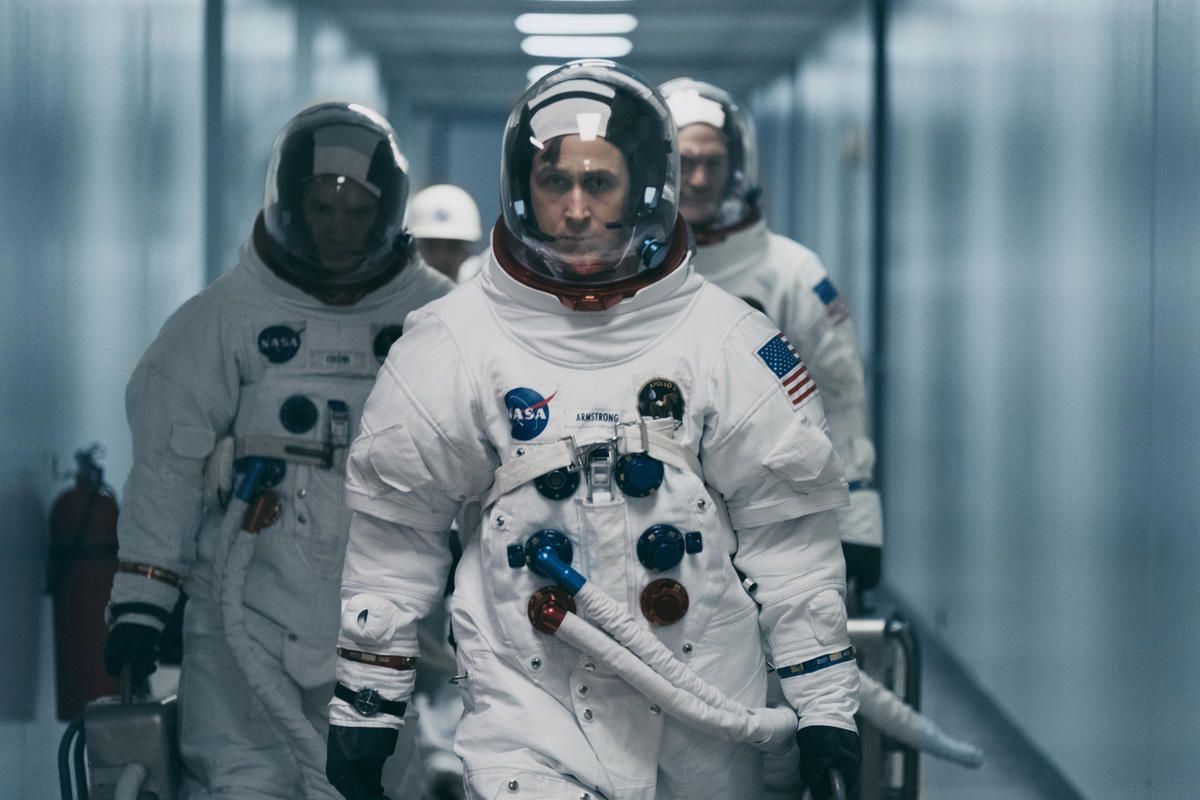
Damien Chazelle has made a name for himself after making two successful films back-to-back about music: “Whiplash” and “La La Land.” Here he takes on a different subject: the story of NASA’s mission to land a man on the moon, focusing on Neil Armstrong and the years 1961-1969. The result is surprisingly good, even if it is not for everyone.
It’s not a story of a hero; it actually takes the courage to explore the man’s psychology, his family life, and his personal life in general. Ryan Gosling gives an effective performance, even if it’s mostly subtle, and you’ll see one of the most touching crying scenes of recent years. Claire Foy’s character could easily be described as “the wife” character, which is common in such biopics, but she gets moments to shine, so it’s not a Catherine Keener in “Captain Phillips” or Laura Linney in “Sully” type of a role.
The infamous flag controversy probably also hurt the film the box office, but that was not the only reason: as mentioned, it’s a rather subtle film, Chazelle takes some risks here, and they pay off. When it comes to the famous mission scene that the audiences expect, the movie still becomes impressive. Not some heavily spectacular technical show, but the whole third act gets the right emotions out of the audience. It is all compelling and impressive at the same time. And that music! By far, one of the biggest Oscar snubs of the year.
6. Green Book
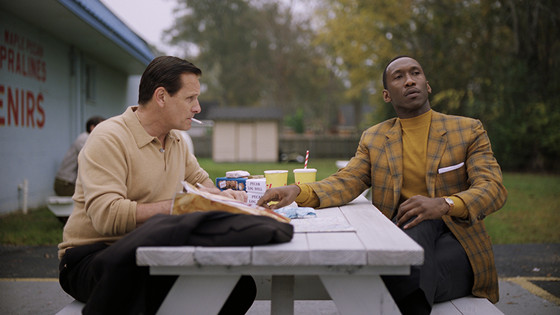
Peter Farrelly is better known for making ‘90s over-the-top comedies like “There’s Something About Mary,” “Dumb and Dumber” and “Kingpin” with his brother. They all were successful, especially “Mary,” even they had detractors as well. It’s a surprising change for him.
“Green Book” is not without humor, but it’s mostly a dramatic story about the friendship between a classical and jazz pianist and composer Don Shirley, and his driver, Tony “Lip” Vallelonga. Shirley hires Lip for his Deep South tour, and the film’s title is coming from a mid-20th century guidebook for African-American travelers to help them find motels and restaurants that would accept them.
The film, while mostly acclaimed, had its own critics who complained about the film’s simplicity when it comes to issues like racism. Of course, it’s understandable criticism, but “Green Book” doesn’t act like as if it’s some kind of angry protest movie. It’s not even on the level of “The Hate U Give,” a rather underrated film on racial issues in America. It’s just a charming movie about friendship – that’s what the film is mostly about. No need to blame the movie for the things it didn’t try to do.
It’s good for what it is: just old-fashioned entertainment, a feel-good movie that is mostly elevated by the two lead performances – Mortensen and Ali both are fantastic. Mortensen’s range knows no bounds, Ali is establishing himself as one of the most reliable actors of our time, and they probably make their characters more interesting than they were on script.
Dr. Shirley in particular is a fascinating character, and one would wish he’d get a more complex treatment of his life in another film. Mortensen also doesn’t let Tony to turn into a stereotype; he gives him many layers in several scenes. Overall, “Green Book” is not gonna solve our world’s problems, but it may warm many hearts.